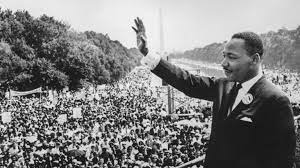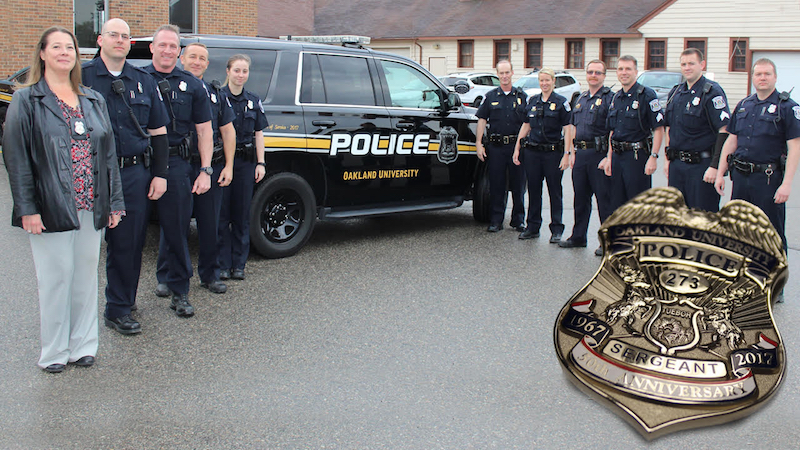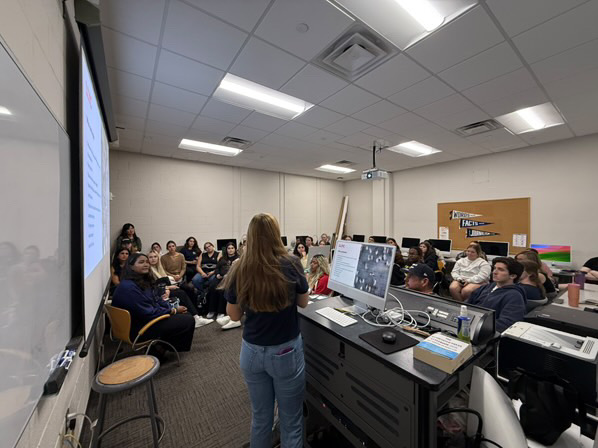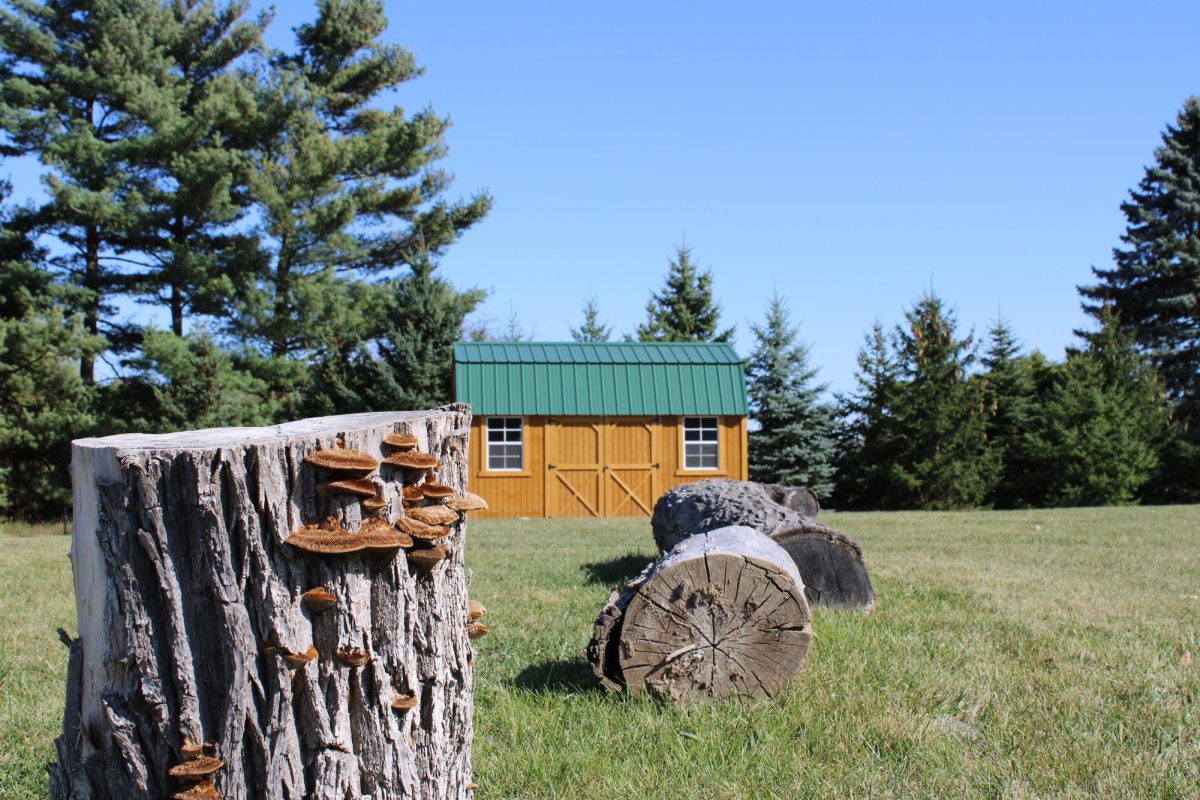
A tribute to community building and the teaching of violence de-escalation took place at the Kingian nonviolence training on the night of March 7 in the Laidlaw room of Oakview Hall.
Kim Reidgan, coordinator of the Meta Peace Team Detroit hub, trained around 30 attendees. With peacekeeping experience domestically and abroad, Reidgan turned a co-hosted 8-hour training into a two-hour, single-instructor crash course.
“In many cases, when you’re advocating for something, you need to know how to take the next step,” Mathew Seidel, President of the Michigan Coalition for Human Rights (MCHR) at OU said. “The purpose of this was to give a sample for when the going starts to get tougher and asking politely isn’t enough, how to force the issue without losing dignity.”
The training started by introducing the complexities of the topic. The left side of the room became the “not violent” side and the right one the “violent” one. Participants stood in the middle to be presented with scenarios to choose a side on.
Anti-immigrant billboard scenarios allowed the audience to delve into the complexities of the rhetorical aspects of psychological violence and the trampling of messages and symbols.
I-94 blockades and animal testing created increased complexity in evaluating the shortcomings and moral dilemmas of suffering and progress.
“Do we see the ambiguity in these situations?” Reidgan said. “That’s at the heart of being human, probably is learning to hold contradictions and learning to live with ambiguity. There are no right or wrong answers or easy answers.”
The conversation moved into the cycle of violence, referencing Helder Camara’s theory of the three levels of violence. The first one is systemic violence including, but not limited to, sexism, ableism and racism.
“The second violence is what we read about in the paper or in the internet all the time,” Reidgan said. “All hell breaking out on the streets, you know, things happening that are explicitly violent.”
Third-level violence would be counter-reactive violence.
“That’s the state calling the police telling the national guard calling the army,” Reidgan said.
In Camara’s theory, this would exacerbate level one violence, fostering the cycle.
“There’s nothing passive about nonviolence,” Reidgan said. “It’s really about causing disruption and interrupting the base-level violence.”
Later, the six Kingian principles of nonviolence were also analyzed in small groups. Principles like “nonviolence seeks to defeat injustice, not people,” and “nonviolence chooses love instead of hate,” were evaluated by pointing out limitations but also achievements.
The final activity was a roleplay between those exacerbating violence and those de-escalating it.
“This skill is called CLARA,” Reidgan said. “This is a skill we use, not to win arguments. This is a skill that you use when somebody comes storming at you and they’re shouting. It is to isolate that person.”
Center yourself, listen to the heart, affirm humanity, respond and add information are the components of the CLARA strategy, which is the first step in a long process of change.
“Challenging systemic violence — that’s the number one violence that has to be challenged,” Reidgan said. “But in the meantime, we do this violence de-escalation to help protect the people who are challenging [systemic violence].”
The event’s organization was a testament to the principles of communal efforts.
The Honors College, Gender and Sexuality Alliance (GSA), College Democrats, Young Democratic Socialists of America (YDSA) and the Center for Multicultural Initiatives (CMI) co-sponsored and attended the event alongside a couple of Wayne State University students.
“What we are trying to do here at MCHR is really unite everyone,” Seidel said. “To do work towards the betterment of human rights and advocacy all over campus. We are also hoping to get more inter-university things going.”






